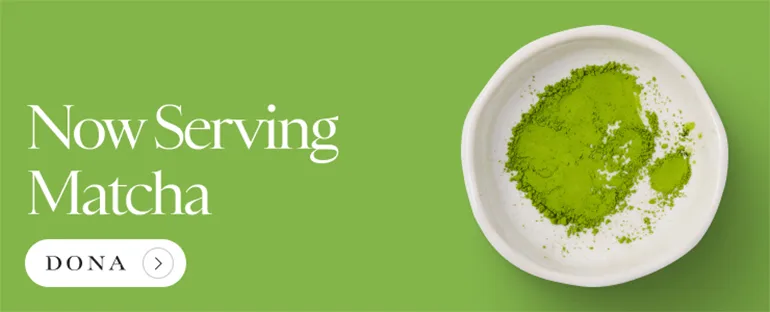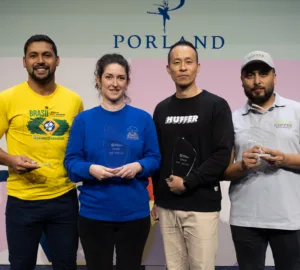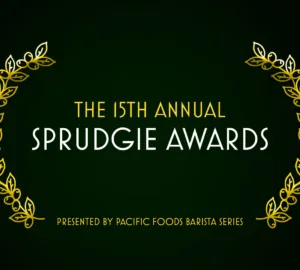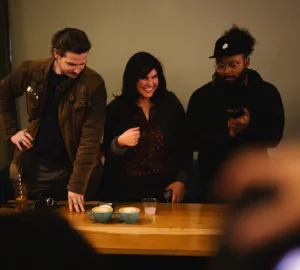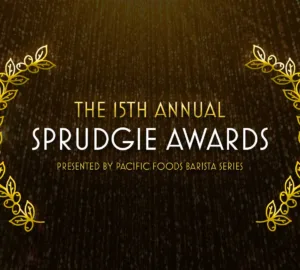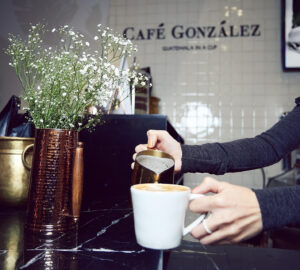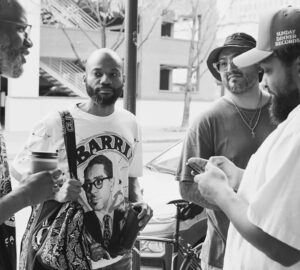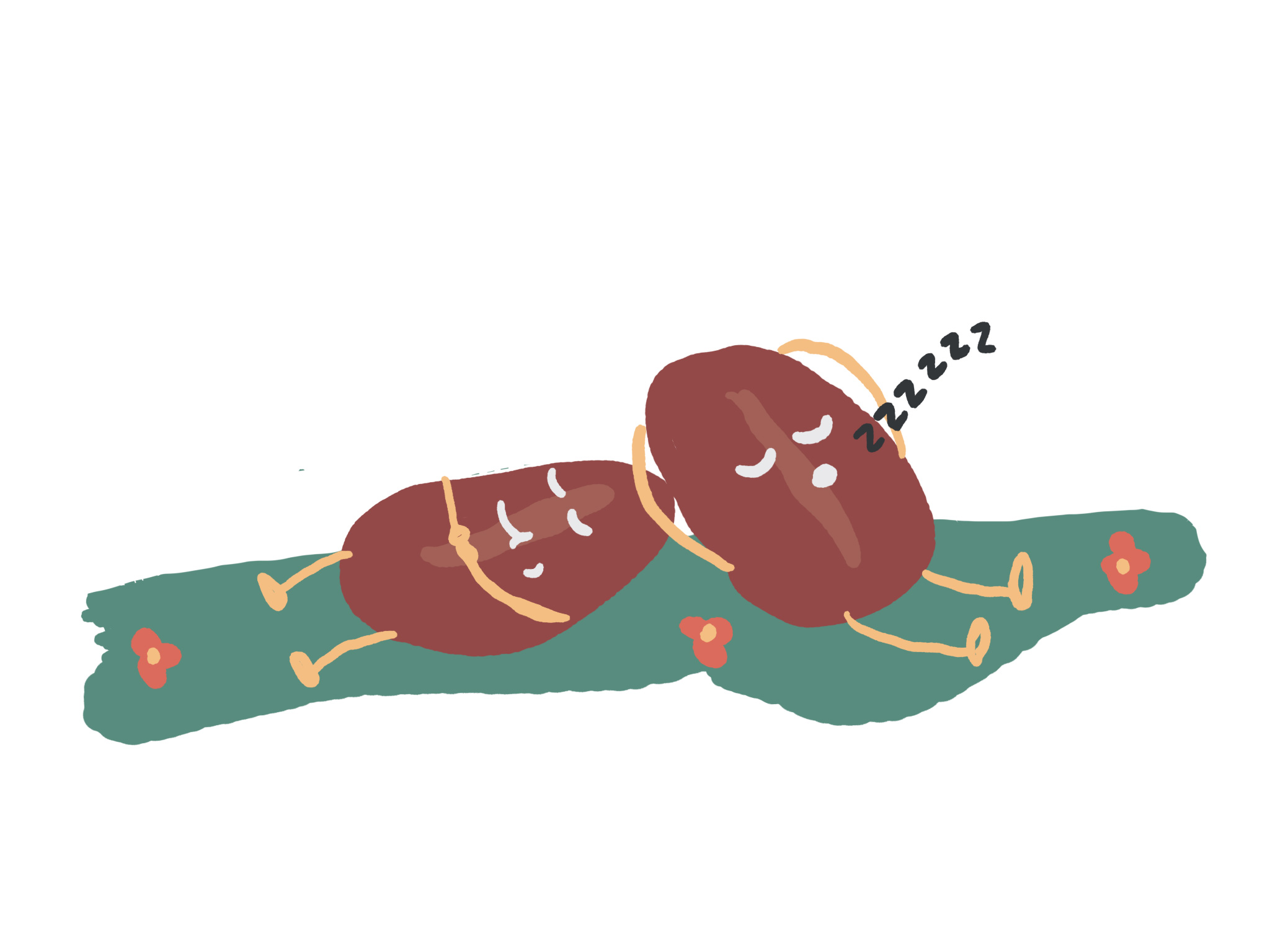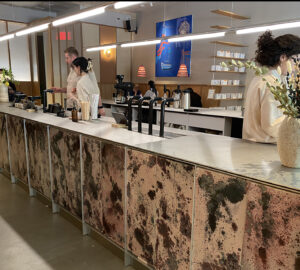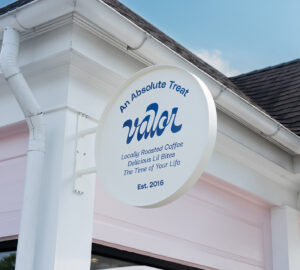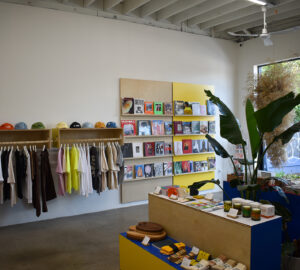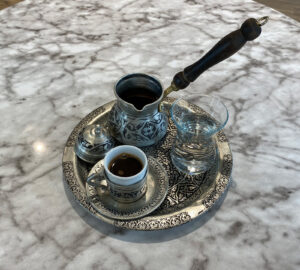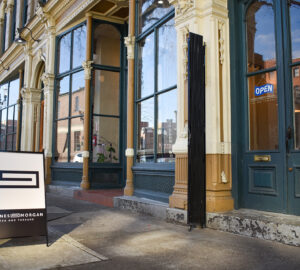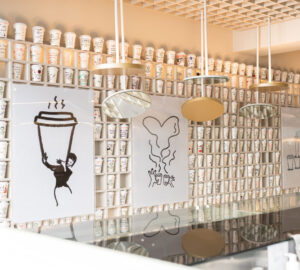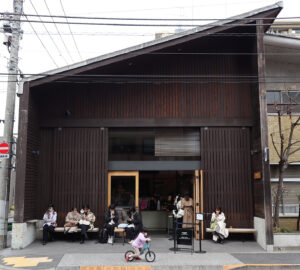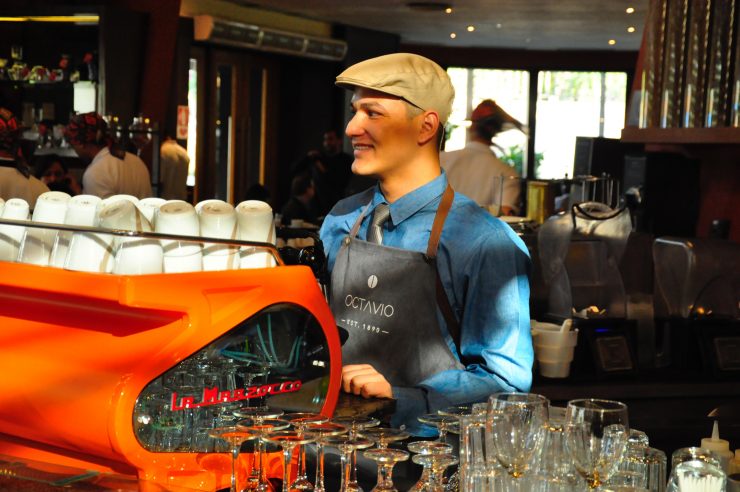
Paulo Gabriel was just 20 years old when he was brought to Brazil’s Fazedores de Café project by a non-governmental organization. He was complying with social-educational correctional measures at the time, in 2014. “I was in a complicated moment in my life,” he tells me. Gabriel was one of the four teenagers that were selected for the first group of Fazedores (which means roughly, “coffeemakers”), a program for at-risk Brazilian youth in which he spent three months learning about coffee—and making friends for life, including his professor and project coordinator Regina Machado.
It has been a remarkable road for Paulo Gabriel, who was hired by São Paulo’s Octavio Café before even finishing his internship there. The job helps him pay for his dream: culinary school. He is now entering the second semester at college, and, while competing for Octavio, placed seventh at the National Barista Championship in 2015, and sixth at the National Brewers Cup Championship.
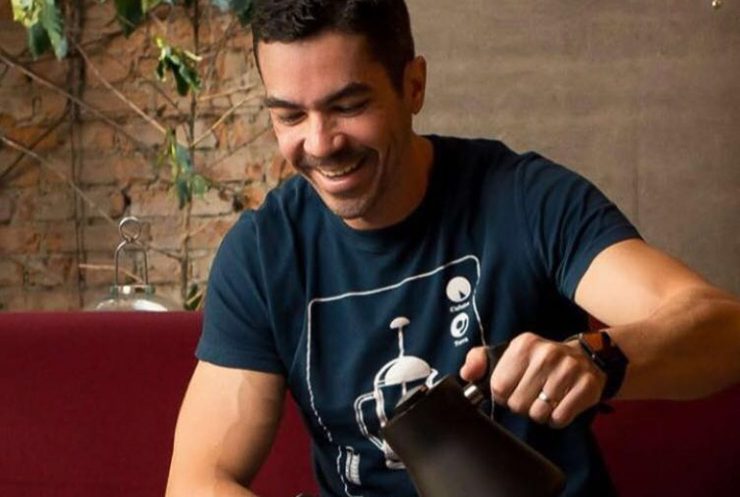
Diego Gonzales, owner of Sofá Café, was inspired to create Fazedores after reading about the US-based company TOMS, which donates a pair of shoes to a child in need for each pair of shoes the company sells. Gonzales imagined doing the same with barista courses: for every course Sofá Café sold to a customer, he would grant an underprivileged teen a course at his cafe and roastery, located in Pinheiros, an affluent neighborhood in São Paulo. He even had the right person in mind to coordinate the project: Machado, who at the time worked for Coffee Lab. The project was aimed at young adults age 18 or about to turn 18, from low-income families, and currently enrolled in school or already graduated from high school.
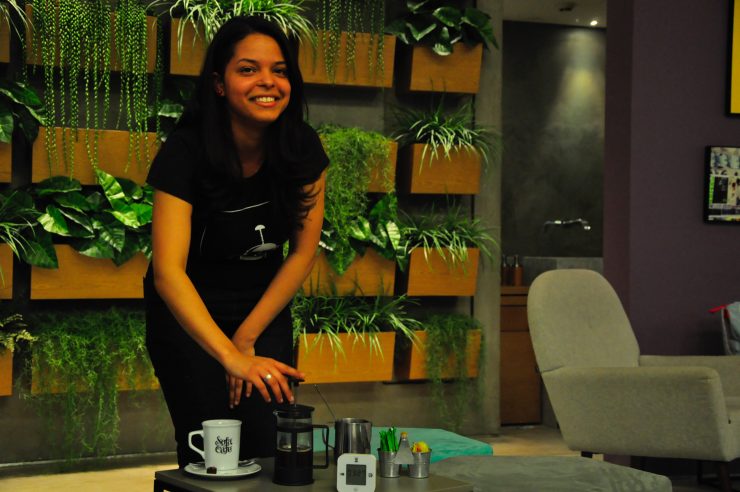
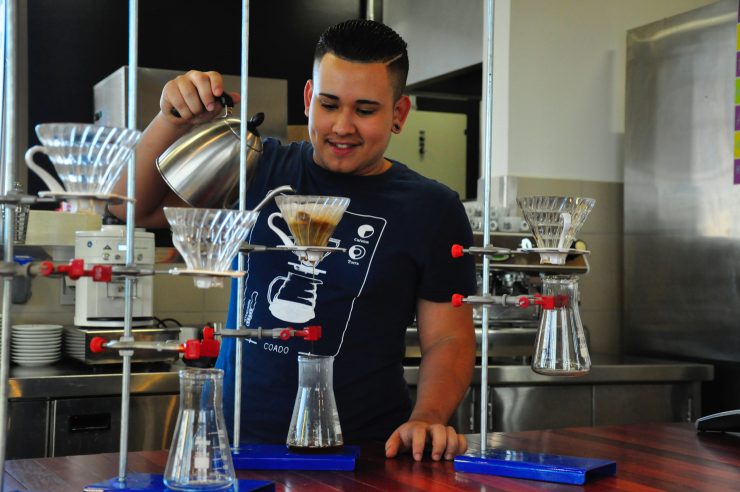
It wasn’t difficult to convince Machado to come and lead such a program. After talking further with Mariana Proença (content manager at Revista Espresso, a coffee magazine in Brazil) and Giuliana Bastos (PR professional and coffee journalist), they realized that there was a huge demand for coffee professionals in São Paulo. With the support of so many companies came the good news: the project did not have to hinge upon a purchase after all—the Fazedores de Café initiative could provide two-and-a-half-month coffee courses, plus one-month supervised internships in coffee shops around the city, all for free.
The three-hour multidisciplinary classes are held from Monday to Friday at the Sofá Café Pinheiros location, and aim to mold true coffee professionals. It is much denser than regular barista courses, as it encompasses coffee production and processing, coffee extraction, coffee drinks, ethics and behavior in the work environment, conflict management, customer support, menu creation, sanitary requirements, mechanics of espresso machines and grinders, and coffee shop business management. Gonzales and Machado started with four partners, and now work with 25 of them, many of whom are teachers of the course themselves—Carol Pontvianne from Urbe Café e Bar administers the coffee shop business class along with Gonzales, for example.
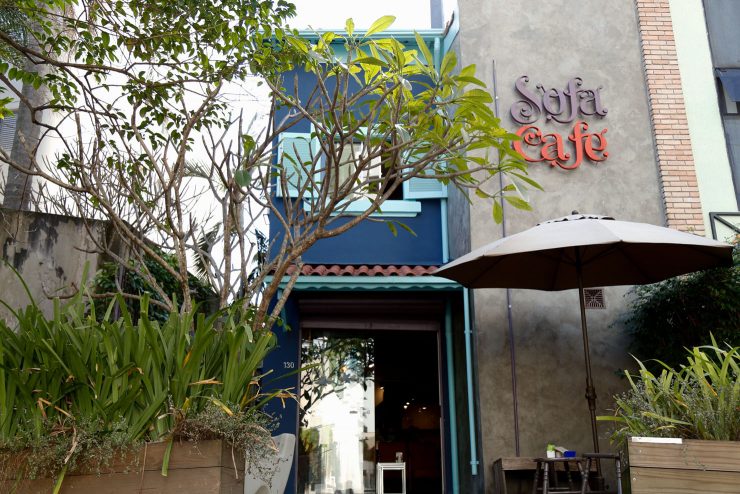
In order to make Fazedores de Café happen, all partners came together and contributed their expertise. With that, they built a classroom on the second floor of Sofá Café and filled it up with coffee equipment (all donated by the participating partners). The room accommodates four to six students each course, and the Sofá Café Atilla roaster located meters away in another room is used for roasting practice.
Gonzales emphasizes that he believes that the project has worked fairly well so far because it is based on a sort of gentlemen’s agreement: there are no contracts obliging the parts to contribute. “In such a bureaucratic business environment, it was nice to have partners collaborate in a natural, organic way,” he tells me. And yet, they never had any problems and always had the resources to carry on with the classes. Sofá Café provides a stipend for the kids—who live far away in most cases—for transportation costs, and also provides them with food every class day. Gonzales also stresses that the project’s goal is to have a positive impact in the teens’ lives. That doesn’t necessarily translate to working in coffee: Mariana Dias, a trained “Fazedora,” is now working at a coffee shop but as a means to afford her architecture college tuition. That alone means that the project has already worked for her, says Gonzales.
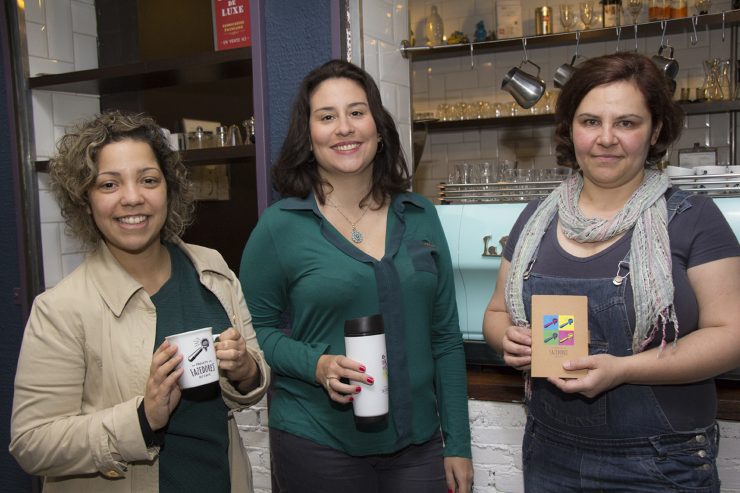
Machado states that the evolution of the kids is clearly visible from the beginning to the end of the course, not only in the coffee spectrum, but also in their attitude towards the other students and the professors, poise, and communication skills. “Many of them barely speak when they get here, out of shyness. A few weeks into the course and they are already making friends and asking lots of questions. It’s great to see that process developing.”
I asked whether they plan to replicate it in other cities in Brazil, and Gonzales and Proença explain they’ve taken steps to turn Fazedoras into a proper institution in order to potentially branch out. The idea is that the project will be operated by an administrative counsel and become more independent from its original creators. Right now, Gonzales, Machado, Proença, and Bastos are working towards that goal. Brazil as a whole will surely benefit from it: there are young kids in need of opportunities like this in practically every major city here, and the lack of well-trained coffee professionals is notorious. We hope we hear more and more stories like Gabriel’s and Dias’ all over the country in the years to come.
Juliana Ganan is a Brazilian coffee professional and journalist. Read more Juliana Ganan on Sprudge.













